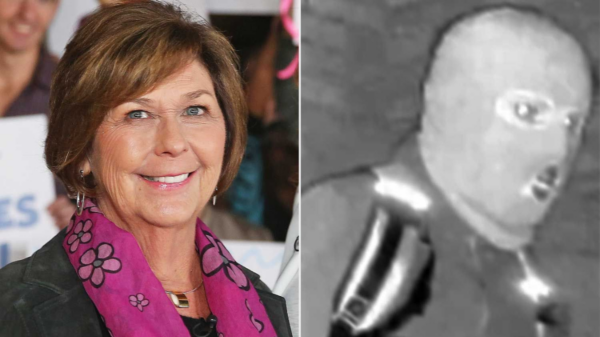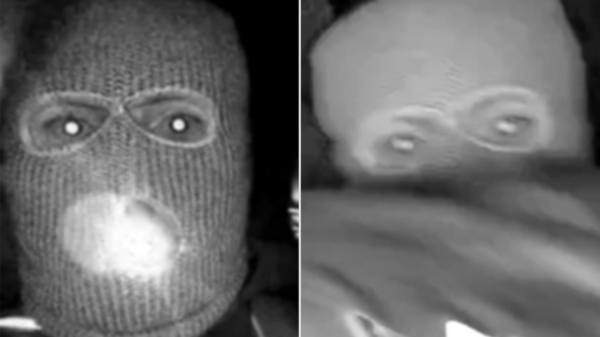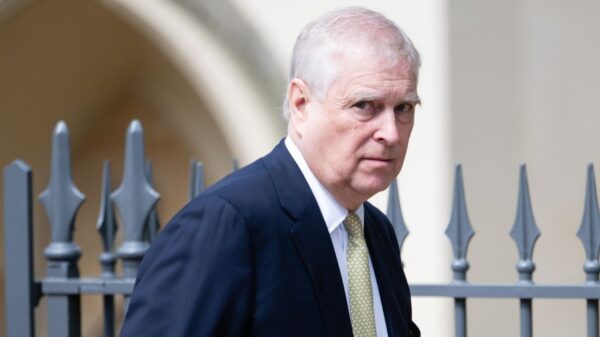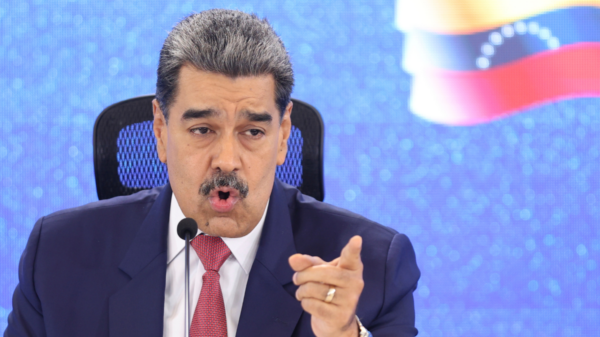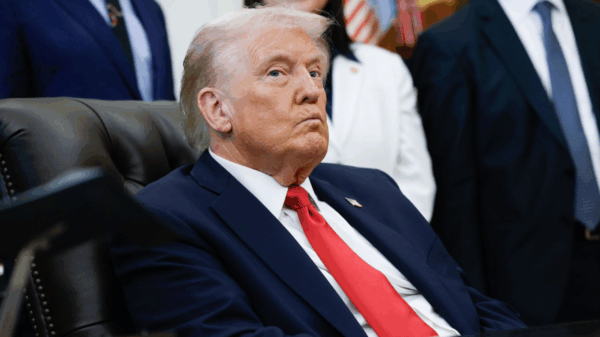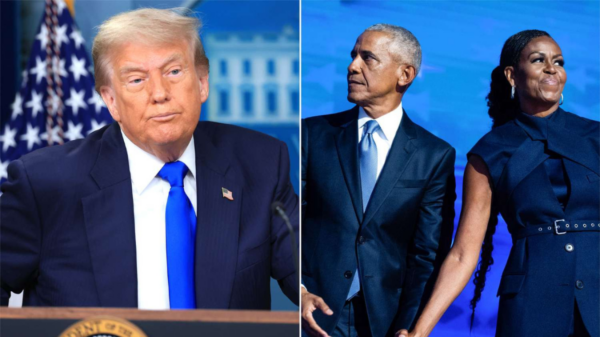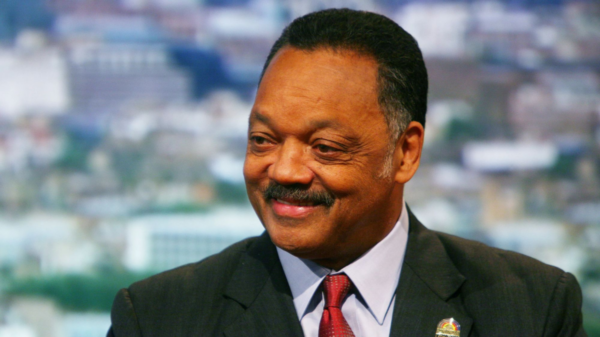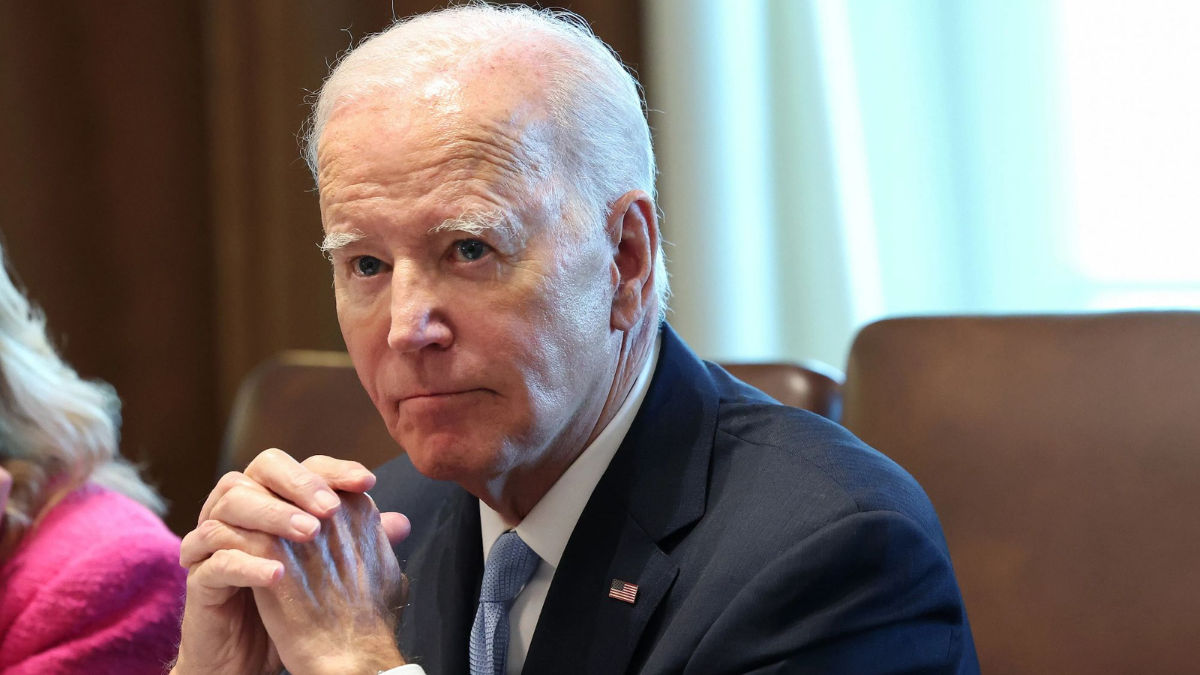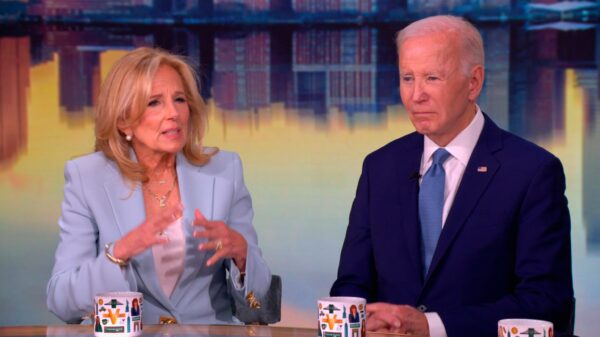WASHINGTON — President Joe Biden has asserted executive privilege over audio recordings of his interview with special counsel Robert Hur, a move that shields Attorney General Merrick Garland from any criminal exposure.
Hur, the Republican federal prosecutor who declined to recommend charges against Biden over his handling of classified documents, called the President an “elderly man with a poor memory” when detailing his report earlier this year.
Biden defended himself at the time, calling the wording “absurd”.
The news comes after Garland recommended that Biden assert executive privilege, saying the audio recordings “fall within the scope of executive privilege,” and that giving the recordings to Congress “would raise an unacceptable risk of undermining the Department’s ability to conduct similar high-profile criminal investigations — in particular, investigations where the voluntary cooperation of White House officials is exceedingly important.”
“The Attorney General must draw a line that safeguards the Department from improper political influence and protects our principles, our law enforcement work, and the people who carry out that work independently, without fear or favor,” Assistant Attorney General Carlos Uriarte wrote in the letter. “The Committees seek to hold the Attorney General in contempt not for failing in his duties, but for upholding them.”
Garland accused House Republicans on Thursday of mounting a series of “unprecedented” and “unfounded” attacks on the Justice Department.
“We have gone to extraordinary lengths to ensure that the committees get responses to their legitimate requests, but this is not one,” Garland said. “To the contrary, this is one that would harm or ability in the future to successfully pursue sensitive investigations.”
White House Counsel Ed Siskel also wrote a letter to House Judiciary Chairman Jim Jordan and House Oversight Chairman James Comer explaining the decision.
“It is the longstanding position of the executive branch held by administrations of both parties that an official who asserts the President’s claim of executive privilege cannot be prosecuted for criminal contempt of Congress,” he wrote.


